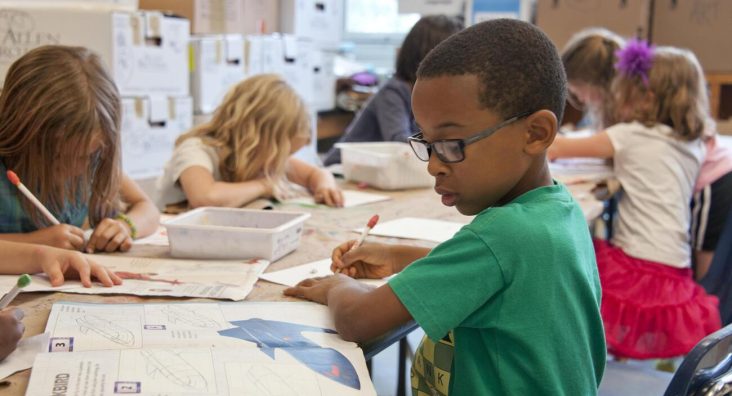A-State and Arkansas Out of School Network to continue after school and summer programs
by May 4, 2023 9:38 am 1,229 views

Arkansas State University and its sponsored initiative, the Arkansas Out of School Network (AOSN), are announcing the continuation of the joint effort to provide access to summer learning opportunities through the ARP ESSER III Afterschool and Summer initiative.
AOSN is housed within the College of Education and Behavioral Science in the Department of Childhood Services at Arkansas State.
The funds will help students by reducing the learning loss that many students experience during the summer. The Arkansas Department of Education’s Division of Elementary and Secondary Education (DESE) selected A-State and the AOSN in 2021 to administer the grants totaling $25 million over three years.
The Summer Supplemental grant application is now open and will close May 19. A-State and the Arkansas Out of School Network will fund 30 organizations with a maximum award of $50,000 dollars. Awards notices will be sent by May 31.
The summer awards will provide funding for high-quality summer learning activities, including literacy, STEM, academic support and skill building, social emotional learning, health and wellness, enrichment, and workforce development. The application and funding criteria can be accessed through the AOSN website, www.aosn.org.
The ARP ESSER III Summer Supplemental grants will provide programming for students in grades K-12 and will prioritize new programs, clearing wait lists, and expansion programs in underserved areas.
Eligible applicants include school districts or entities that partner with a school district, community-based organizations, faith-based organizations, licensed youth development programs and other youth development programs, non-profit organizations, career and technical education programs, libraries, public and private institutions of higher learning, or other entities determined by AOSN and approved by DESE.
Priority for funding will be given to programs in communities that serve the highest percentage of students who were disproportionately impacted by Covid-19 and will address the academic impact of lost instructional time on student learning through evidence-based summer programs.
